Book banning in the United States has been a part of our history for a long time. It started in the 1600s when people in the Massachusetts Bay Colony banned books they didn’t agree with. One of the first banned books was New English Canaan, which criticized the way the Puritans lived. As America grew, so did the efforts to control what people could read, especially if the books challenged religious or moral beliefs.
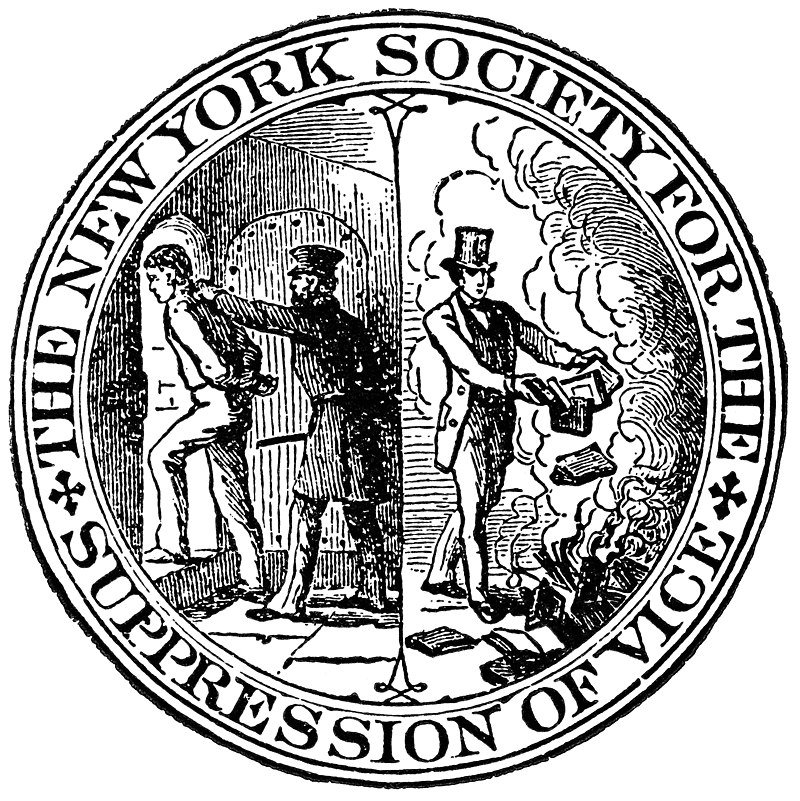
In the 1800s, book banning became more organized. Anthony Comstock, a man who wanted to protect people from what he saw as immoral influences, pushed for laws to stop the distribution of “obscene” materials. These laws, known as the Comstock Laws, were used to censor many books, including those that talked about sex or other controversial topics.
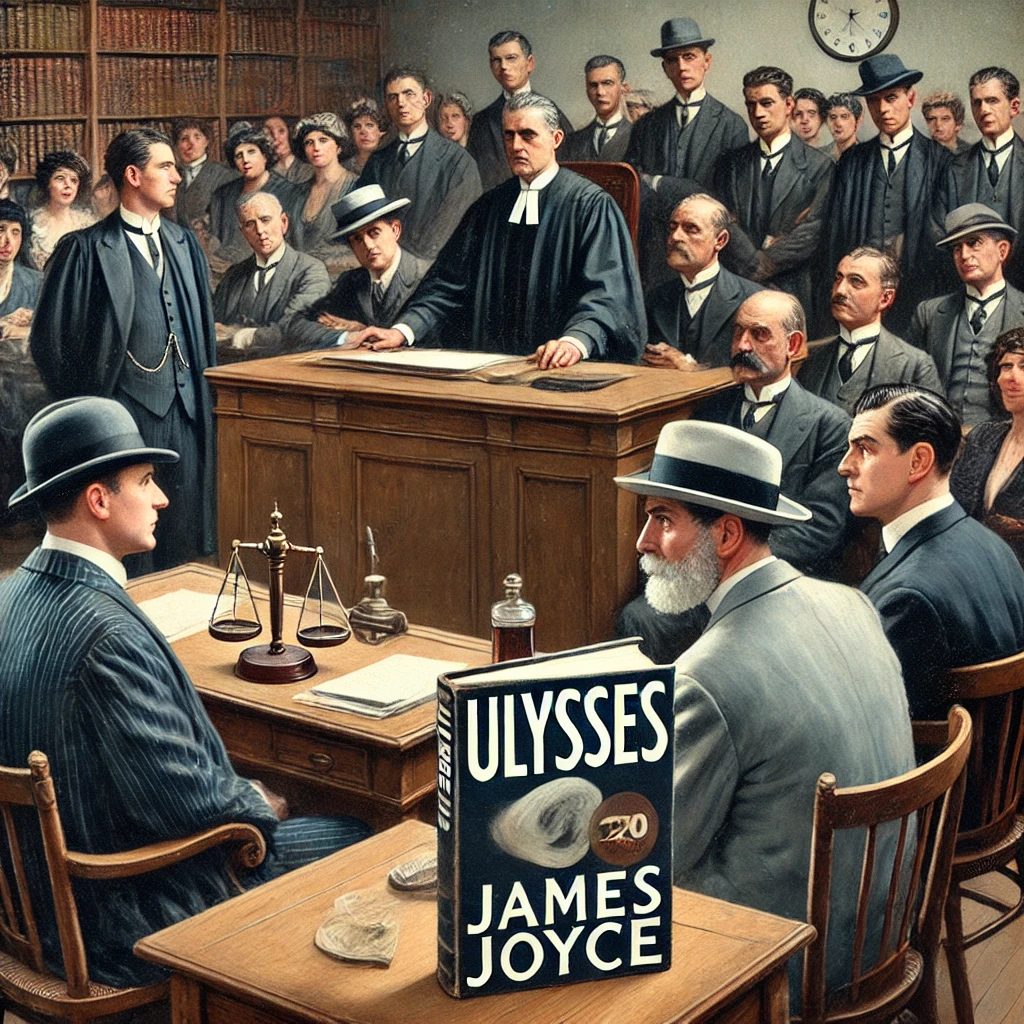
During the 1900s, some of the most famous battles over book censorship took place. For example, James Joyce’s Ulysses was banned because it was considered too explicit. However, in 1933, a court ruled that the book was not obscene, which was a big win for literary freedom. Despite this, many books continued to be banned, especially during times of political tension, like the McCarthy era in the 1950s.
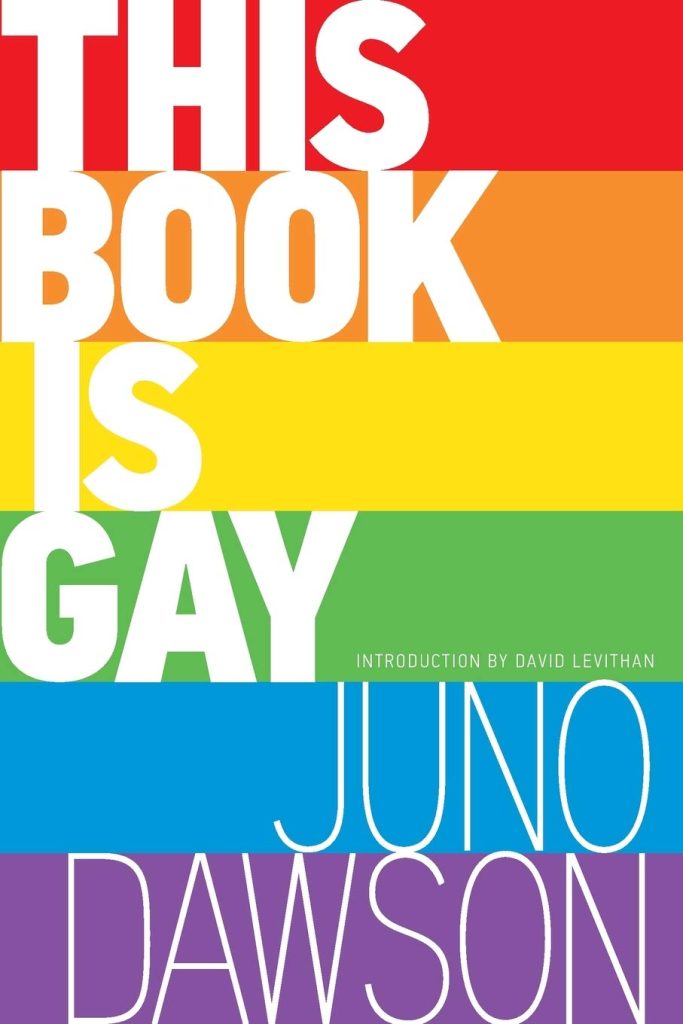
The late 20th century saw new reasons for banning books. As more books began addressing issues like race, gender, and sexuality, some people and groups tried to remove these books from schools and libraries. The Christian Right, a group with strong religious beliefs, often led these efforts, arguing that certain books were inappropriate for young readers.
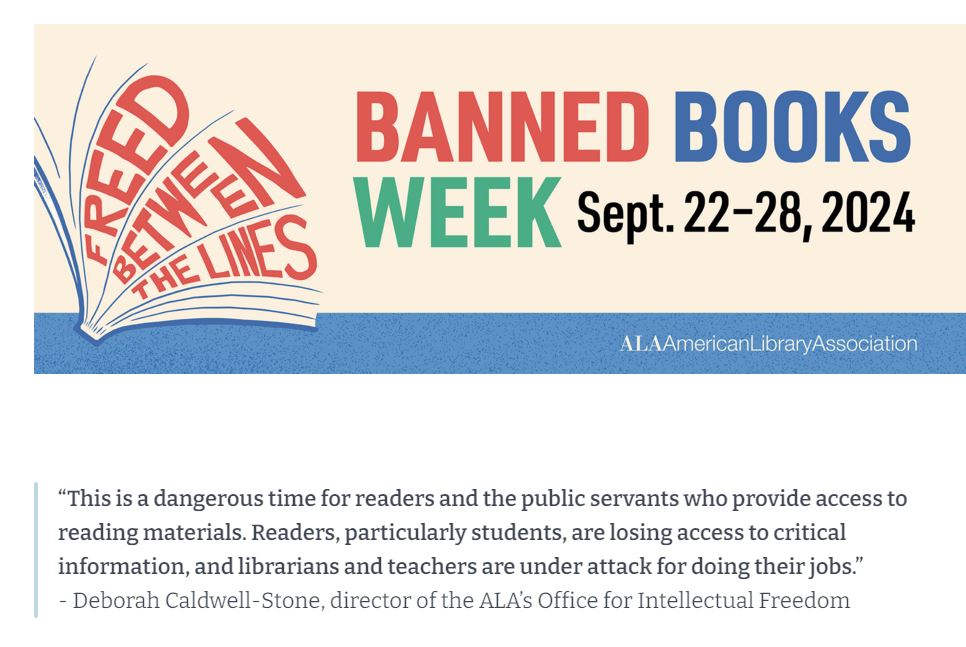
In response to these challenges, the American Library Association started Banned Books Week in 1982. This event draws attention to the importance of being able to read a wide variety of books and celebrates the unbanning of previously censored works.
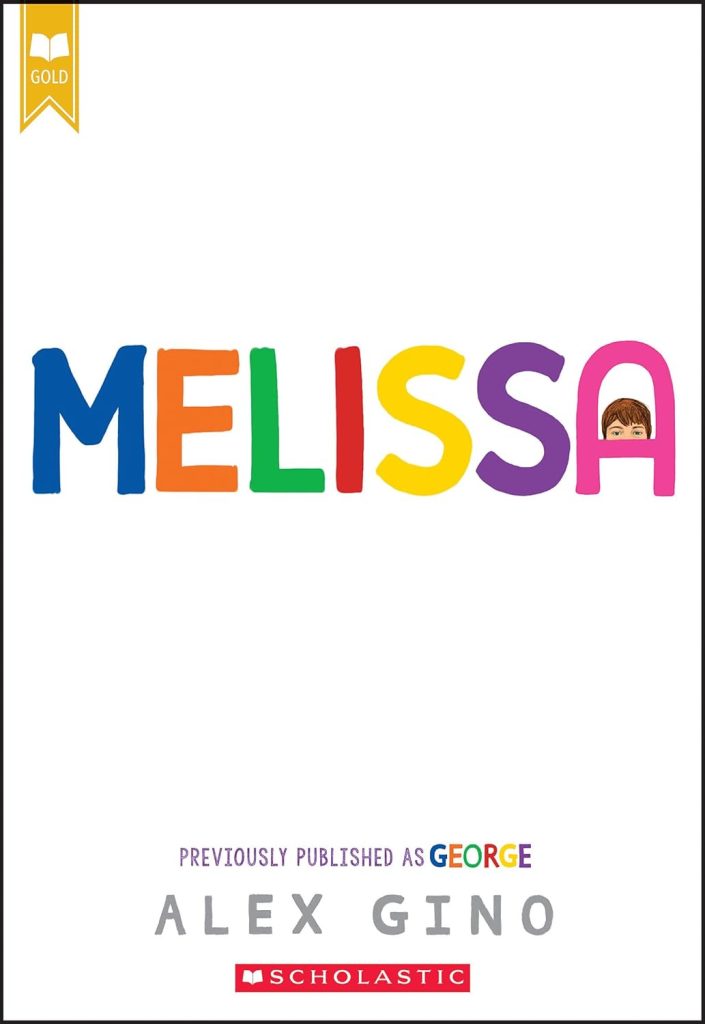
As we moved into the 21st century, the focus of book banning shifted again. Now, books that discuss LGBTQ+ issues or racial injustice are often the target. In recent years, there have been many new laws introduced across the country to ban these types of books, especially in schools.

Iowa’s new law, passed in 2023, is part of this trend. The law bans books that depict sex acts and restricts discussions about gender identity and sexual orientation with younger students. Supporters of the law say it helps parents control what their children learn in school, while opponents argue that it harms LGBTQ+ students by making them feel excluded.

The recent court ruling allowing Iowa to enforce this law shows that the battle over book banning is still very much alive. While some see these laws as a way to protect children, others believe they limit important conversations and access to diverse ideas.
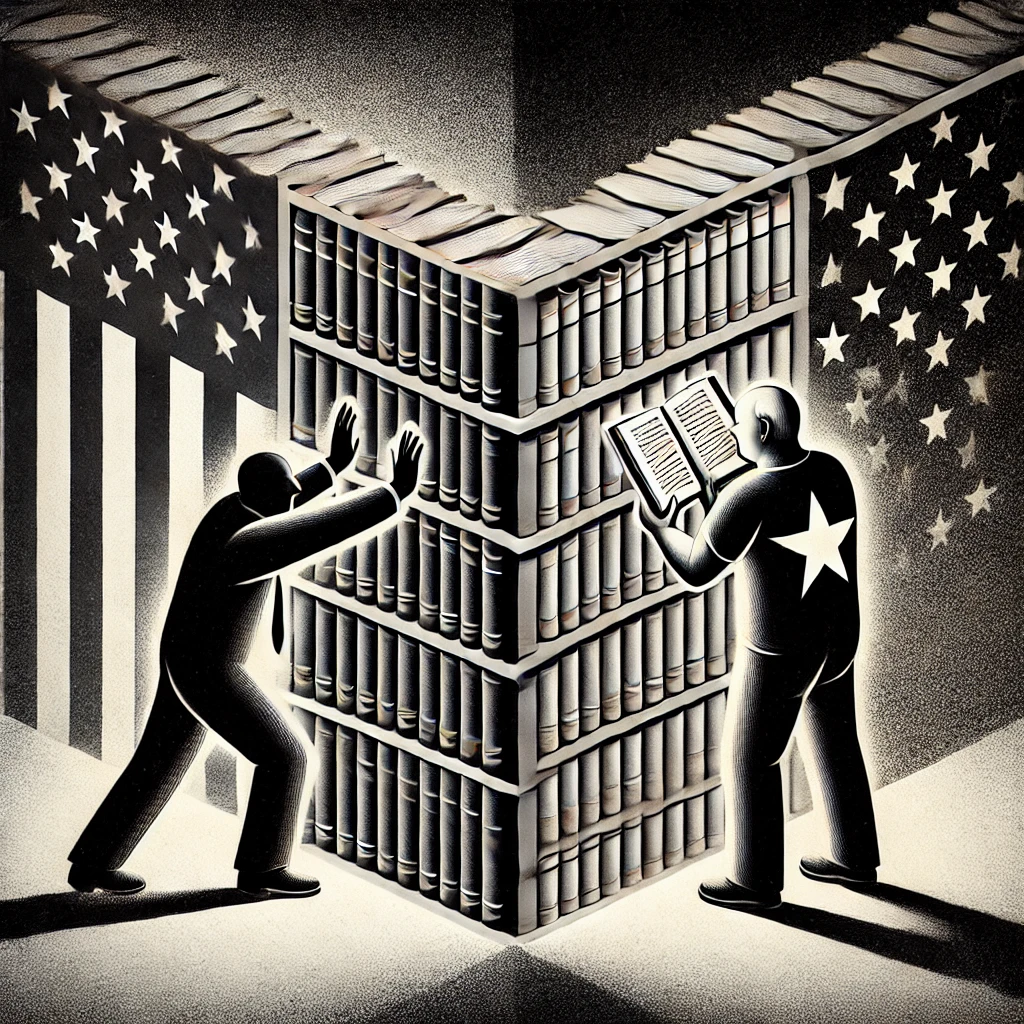
In the end, the history of book banning in the United States is a reflection of the ongoing struggle between those who want to control what people read and those who believe in the freedom to explore all kinds of ideas. As new laws and court cases continue to emerge, this debate is likely to continue for many years to come.





